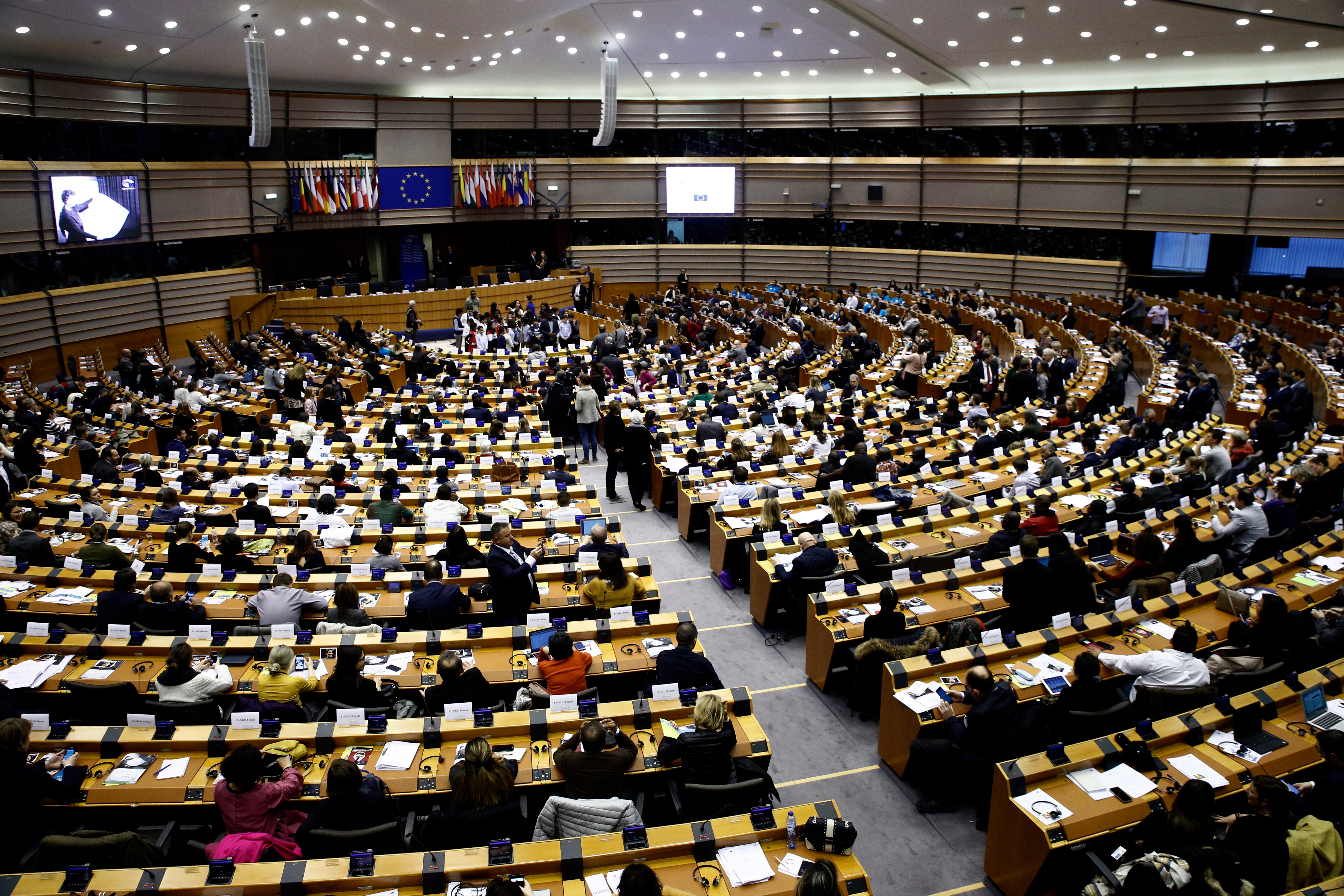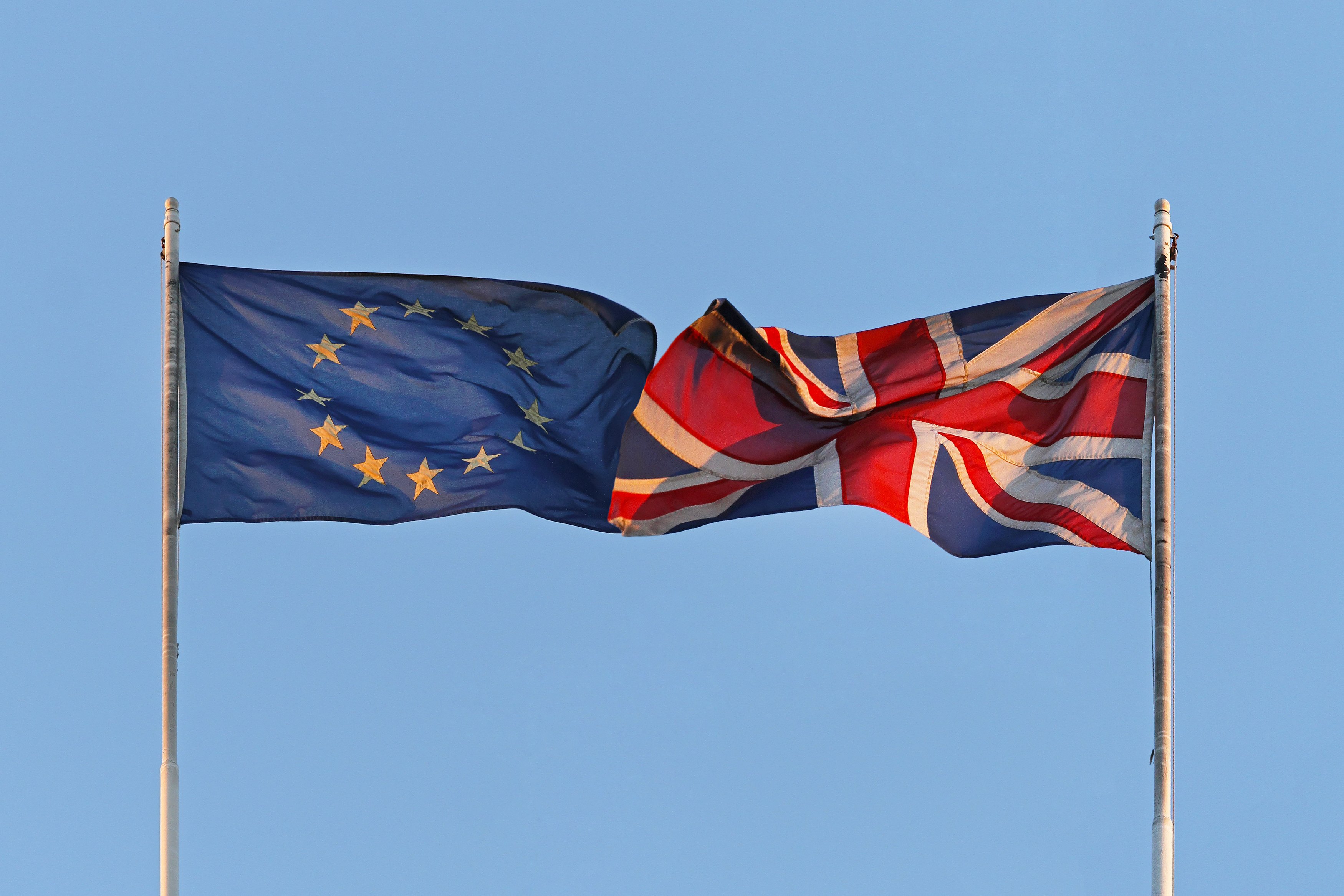EU Commissioner roles up for grabs
by Inline Policy on 28 May 2014
As the fall-out from the European Parliament (EP) elections continues to dominate the headlines (see our preliminary analysis of the results here), the nomination by EU leaders of their nation’s next EU Commissioner (and the specific portfolio which they will take on) is becoming a key thread of the post-election discourse.
In the UK, Andrew Lansley MP, the current Leader of the House of Commons, is reportedly being lined up by the UK Prime Minister David Cameron as Britain’s next EU Commissioner. UK diplomats are said to be eyeing up the Energy portfolio which would focus on Europe’s energy strategy and approach to shale gas. Poland is also said to be interested in securing the Energy portfolio given its considerable interest in shale gas. The prize roles of EU Commissioner for Competition or Internal Markets are likely to be beyond Britain’s reach given the political capital which the Prime Minister could expend on opposing the appointment of Jean-Claude Juncker, the former Prime Minister of Luxembourg, as President of the EU Commission.
Cameron has the support of Hungarian and Swedish leaders in opposing the appointment of Juncker. Hungarian Prime Minister Viktor Orban, whose Fidesz party is a member of the European People's Party (EPP), has said that he would not back Mr. Juncker. However France and Spain insist that he should get the job as he was the leading candidate of the EPP which won most seats in the elections. German Chancellor Angela Merkel, whose Christian Democrat party is part of the EPP, will clearly play a decisive role. Her support for Junker is said to be lukewarm however given the reservations expressed about him by other EU states over his pro-federalist stance. She is quoted as saying that a “broad tableau” of candidates should be considered for the role.
Interestingly, the seven Commissioners who took part in the European elections were all elected as MEPs. However, it remains to be seen if they will actually take up their seat in Parliament or seek a further term as a Commissioner. Maroš Šefčovič, the Slovak commissioner responsible for Administration, for example is also officially the candidate of his country to be Commissioner again. Croatian commissioner Neven Mimica, responsible for Consumer Protection, is also expected to stay on as a Commissioner. Viviane Reding, the current Justice Commissioner who topped the Christian Democrat party list in Luxembourg, would like to stay on in the Commission for a fourth term. However, this would not be permitted should Jean-Claude Juncker be elected Commission President as there can be only one Luxembourg national in the Commission. Oli Rehn, the Finnish Commissioner for Economic and Monetary Affairs, is another existing EU Commissioner who has been elected an MEP but has his sights on another top job at the Commission so he may well not take up a seat in Parliament.
Undoubtedly there will be considerable political manoeuvring over the course of the next few days and months between EU leaders and diplomats over the top jobs at the EU. The most obvious bone of contention is over the Presidency of the Commission. Once this plays itself out, the nominations by the various member states of their prospective Commissioner and the desired portfolio will become clearer. Parliamentary hearings for Commission candidates will be held in early September with the new EU executive expected to be confirmed by a Parliament vote later that month.
Another development in the past 24 hours which is also worth drawing attention to is the confirmation by the European Council President Herman Van Rompuy that leaders of the 28 member states at yesterday’s summit in Brussels have asked him to launch consultations on future EU policies. Mr Van Rompuy said the results of the European elections had shown "a mix of continuity and change" and that the Eurosceptic message from voters was "at the heart" of discussions between leaders. He said that EU leaders had agreed on putting the economy at the heart of the group's agenda.
What this all illustrates is that the results of the EP elections are having profound implications with the future strategic direction of the EU far from settled.
Topics: European Politics








Comments